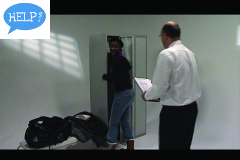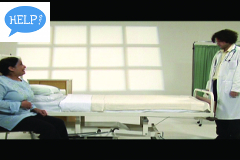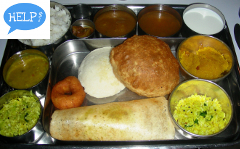Our social and workplace environment are becoming more and more colourful and diverse. We meet foreign colleagues in the workplace and we deal and communicate with foreign patients on a daily basis. This leads to challenges for mutual understanding – and understanding is required, not just from a language point of view. The intercultural workplace also provides us with an opportunity to learn and to see things from a different perspective.

Having read module 1, do you think you would be prepared for the intercultural challenges or conflicts presented by the care centre administration manager in module 1 during the seminar? Let’s now start to further develop the knowledge and skills needed to help our understanding of intercultural conflicts and how to deal with them properly. Let’s go!

When we regarded conflict situations mentioned in the modules before, we could see that there were no easy decisions concerning tolerance and acceptance. Therefore, we want to learn more. We want to acquire knowledge and skills to avoid or to settle conflicts and also to profit from different views, skills and change of perspectives.
In this module we will focus on important differences that we encounter, socially based standards, habits, communication styles in other countries or cultures.

In this module we will focus on important differences that we encounter, socially based standards, habits and communication styles in other countries or cultures.

Communication styles and non-verbal communication can be so different between cultures! Let’s get better prepared for UNDERSTANDING – to avoid conflicts and to enjoy the adventure of getting to know how communication works in other cultures.

We all are aware of how important food is for feeling well and living a healthy life. Holistic care for the patient also includes nutritional care. In immigrant families traditional structures are changing.

